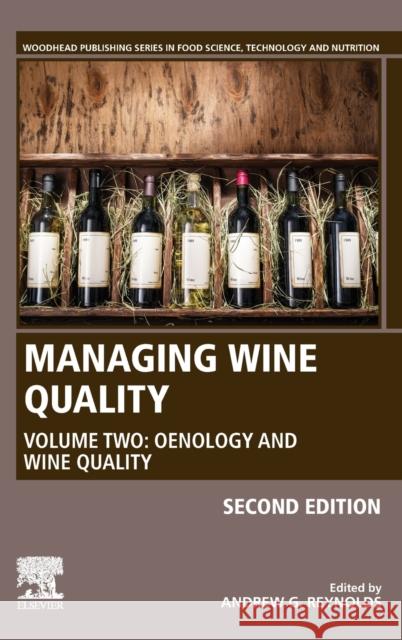Managing Wine Quality: Volume 2: Oenology and Wine Quality » książka
topmenu
Managing Wine Quality: Volume 2: Oenology and Wine Quality
ISBN-13: 9780081020654 / Angielski / Twarda / 2021 / 660 str.
Kategorie:
Kategorie BISAC:
Wydawca:
Woodhead Publishing
Seria wydawnicza:
Język:
Angielski
ISBN-13:
9780081020654
Rok wydania:
2021
Numer serii:
000442047
Ilość stron:
660
Waga:
1.33 kg
Wymiary:
22.86 x 15.24 x 4.6
Oprawa:
Twarda
Wolumenów:
01











